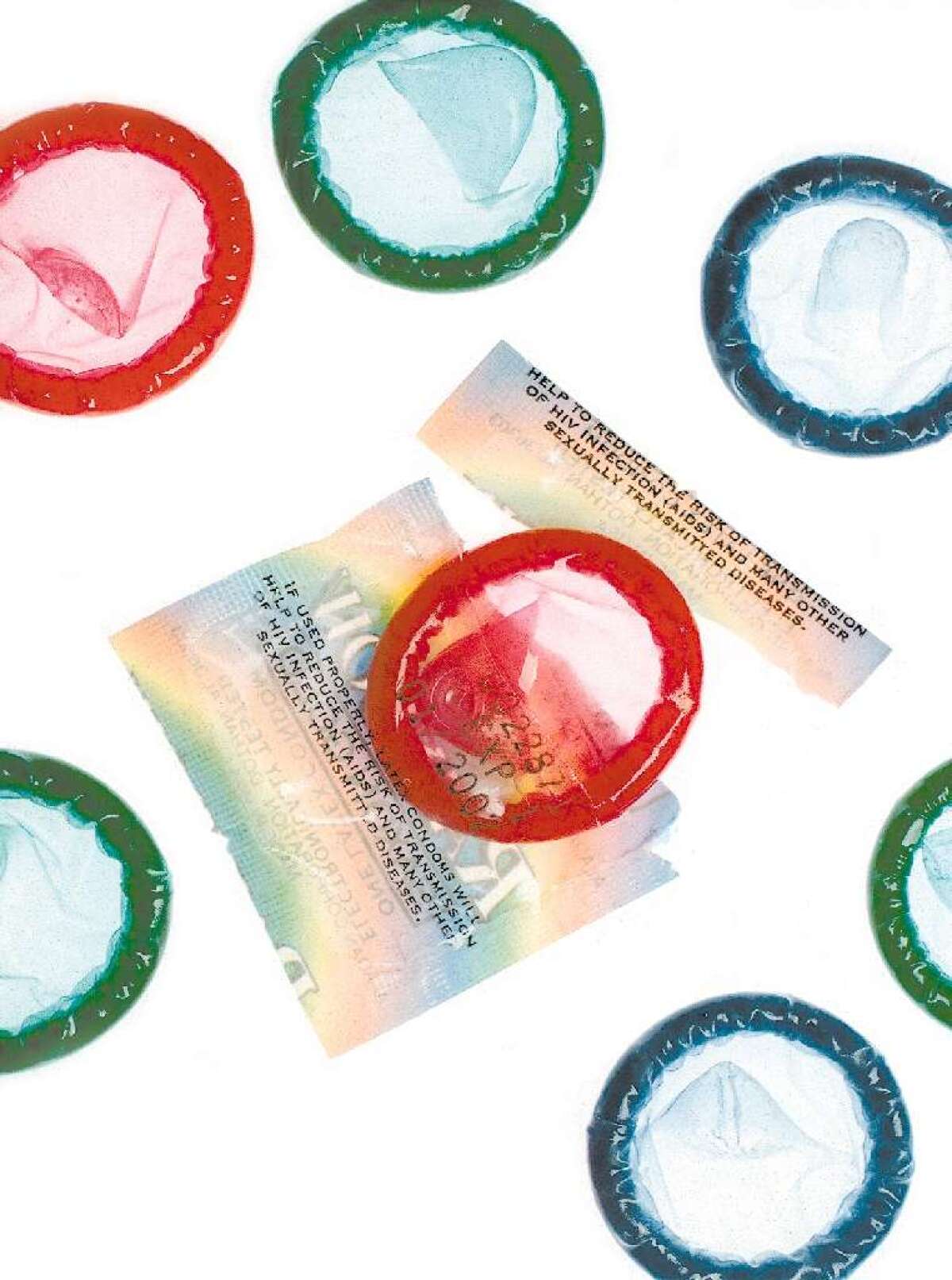Newsom vetoes bill that would allow condoms to be freely distributed to public high school students

- Share via
SACRAMENTO — California Gov. Gavin Newsom on Sunday vetoed legislation that would have provided teenagers attending public high school with access to free condoms and prohibited retailers from refusing to sell them to youths.
Newsom said that although he agreed that providing condoms are “important to supporting improved adolescent sexual health,” the bill would have created an unfunded program that was not included in the state’s annual budget.
“With our state facing continuing economic risk and revenue uncertainty, it is important to remain disciplined when considering bills with significant fiscal implications, such as this measure,” Newsom said in his veto statement.
The governor and state lawmakers this year were forced to address a $30-billion shortfall to avoid cutting essential state programs. Still, Newsom said, the state Legislature approved a batch of bills outside this budget process that, if all enacted, would add nearly $19 billion of unaccounted costs.
Senate Bill 541, written by Sen. Caroline Menjivar (D-Panorama City), would have required all public schools to make condoms easily accessible to all students in an effort to reduce the spread of sexually transmitted diseases and curb teen pregnancy rates. As part of the law, retailers would have been prohibited from asking for proof of age or identification when minors buy condoms or nonprescription contraception.
Menjivar called the veto a “set back” in the fight for sexual health equity.
“We spend millions of dollars on [sexually transmitted infection] health care every year when prevention costs far less than treatment,” she said. “This is a youth-led bill, and we need to meet high school students where they are to properly address the STI crisis in California.”
Gov. Gavin Newsom vetoed a bill to decriminalize certain psychedelics in California, including so-called magic mushrooms.
“When barriers remain, youth with low incomes are often left without the option to regularly utilize condoms to help protect their health and prevent an unintended pregnancy from occurring,” the nonprofit organization California School-Based Health Alliance, a supporter of the bill, said. There are also risks of youths passing unwanted sexually transmitted diseases, according to the bill’s analysis, which cited that 5 in 10 chlamydia cases in California are young people, disproportionately affecting people of color.
The bill raised some concerns for conservative groups, including the California Policy Council, that argued that “handing out free condoms perpetuates” a hook-up culture in which “sex is meaningless and done for fun with multiple partners.”
Sex education in California schools has long stirred controversy, particularly in 2016 when lawmakers enacted the California Healthy Youth Act, creating comprehensive sexual education and HIV prevention education.
The revamped curriculum was intended to be all-encompassing and to include the use of gender-inclusive language, as well as educational material on sex trafficking, HIV prevention nutrition, alcohol and skin care.
Meanwhile, states across the U.S. have their own guidelines and approaches to sex education.
Only half of adolescents will receive a school lesson about contraception before they first have sex, according to a study from the National Institutes of Health. Only 20 states require information on condoms or contraception.
According to a 2018 report on teen pregnancy prevention, 27 states have curriculums that stress abstinence and 18 states require lessons that encourage students to engage in sexual activity only when married.
More to Read
Sign up for Essential California
The most important California stories and recommendations in your inbox every morning.
You may occasionally receive promotional content from the Los Angeles Times.












